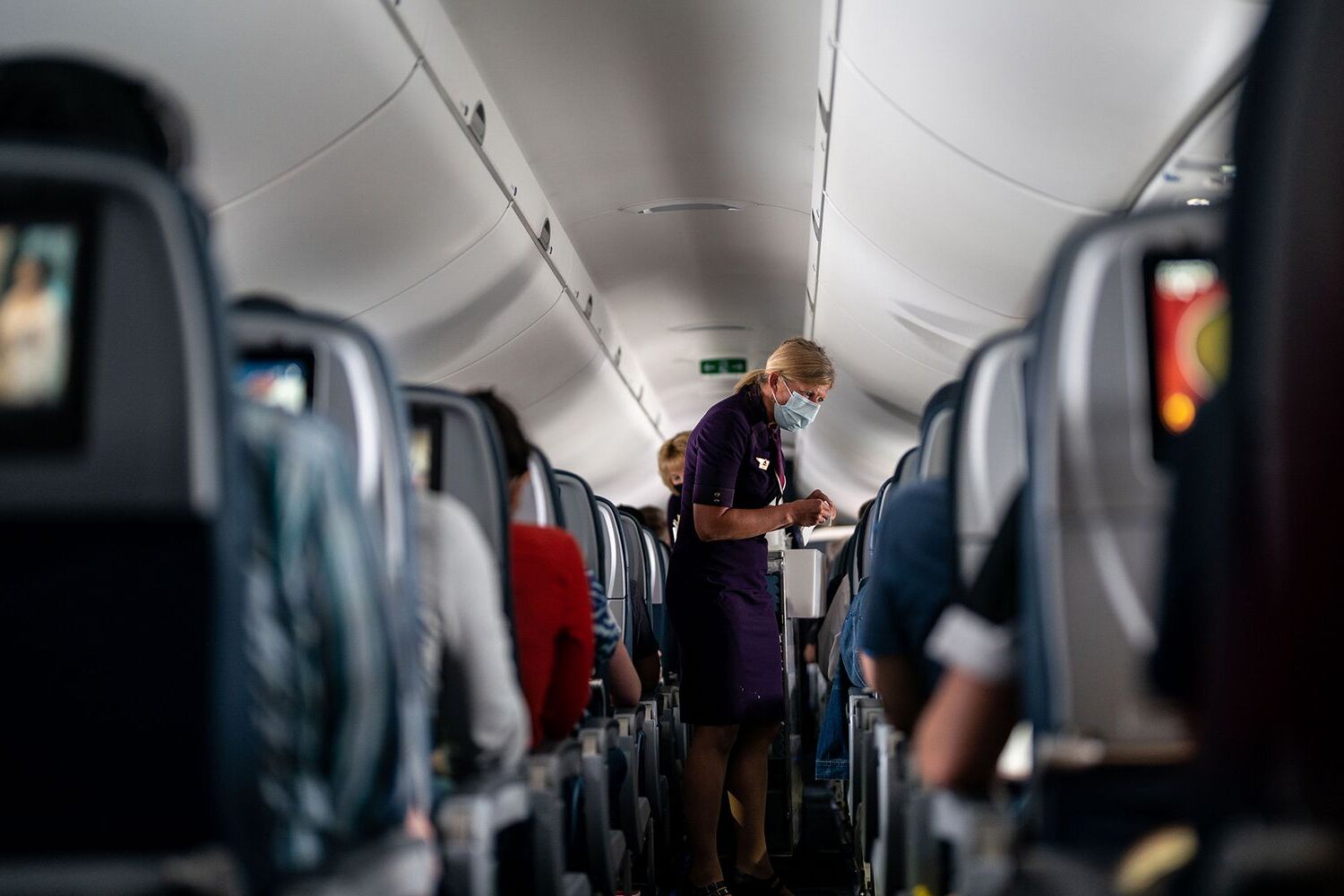
Air travel trends have shifted dramatically over the years. Have you ever wondered what drives these changes? Technology advancements, environmental concerns, and evolving passenger preferences play significant roles. For instance, the rise of budget airlines has made flying more accessible to millions. Meanwhile, sustainability efforts push airlines to adopt greener practices. In-flight entertainment has also transformed, with Wi-Fi and streaming services becoming standard. Passenger safety remains a top priority, leading to enhanced security measures and health protocols. Understanding these trends can help travelers make informed decisions and enjoy smoother journeys. Ready to learn more about the fascinating world of air travel? Buckle up!
Key Takeaways:
- Budget airlines make up over 30% of air travel, offering cheaper tickets by cutting down on frills. Ryanair and Southwest Airlines are pioneers in this industry, revolutionizing the way people fly.
- Technology has transformed air travel, with online booking, e-tickets, and in-flight Wi-Fi becoming the norm. Environmental concerns are also driving the development of electric planes and carbon offset programs.
The Rise of Budget Airlines
Budget airlines have transformed air travel, making it accessible to more people. Let's explore some fascinating facts about this trend.
-
Low-cost carriers now account for over 30% of global air travel. These airlines offer cheaper tickets by cutting down on frills like in-flight meals and entertainment.
-
Ryanair and Southwest Airlines are pioneers in the budget airline industry. Ryanair, based in Ireland, serves over 200 destinations, while Southwest, based in the U.S., operates more than 4,000 flights daily.
-
Ancillary revenue is a key part of the budget airline model. This includes fees for checked baggage, seat selection, and onboard refreshments, which can significantly boost an airline's income.
Technological Advancements in Air Travel
Technology has revolutionized the way we fly, from booking tickets to in-flight entertainment. Here are some key advancements.
-
Online booking has become the norm. Over 80% of travelers now book their flights online, thanks to user-friendly websites and mobile apps.
-
E-tickets have replaced paper tickets. This shift not only saves paper but also makes the check-in process faster and more efficient.
-
In-flight Wi-Fi is becoming more common. Many airlines now offer Wi-Fi services, allowing passengers to stay connected even at 35,000 feet.
Environmental Concerns and Air Travel
As air travel grows, so do concerns about its environmental impact. Here are some important facts about this issue.
-
Carbon emissions from aviation account for about 2.5% of global CO2 emissions. This has led to increased efforts to develop more fuel-efficient aircraft and alternative fuels.
-
Carbon offset programs are offered by many airlines. Passengers can pay a small fee to offset the carbon emissions of their flight, which goes towards environmental projects.
-
Electric planes are on the horizon. Companies like Eviation and Ampaire are developing electric aircraft, which could significantly reduce the carbon footprint of air travel.
Changes in Passenger Preferences
Passenger preferences have evolved over the years, influencing how airlines operate. Here are some trends.
-
Non-stop flights are in high demand. Passengers prefer direct flights to avoid the hassle of layovers, leading airlines to increase their non-stop offerings.
-
Personalization is key. Airlines are using data to offer personalized services, from tailored in-flight entertainment to customized meal options.
-
Health and safety have become top priorities. In the wake of the COVID-19 pandemic, airlines have implemented enhanced cleaning protocols and contactless services to ensure passenger safety.
The Future of Air Travel
Air travel trends are changing fast. With sustainable aviation on the rise, airlines are focusing on eco-friendly solutions. Electric planes and biofuels are becoming more common, aiming to reduce carbon footprints. Technology is also playing a big role. From AI-driven customer service to biometric check-ins, the experience is getting smoother and more personalized. Budget airlines are expanding, making travel accessible to more people. Luxury travel is also evolving, with private suites and gourmet meals becoming standard in first class. Health and safety measures are stricter than ever, ensuring passengers feel secure. Remote work has increased the demand for flexible travel options. As these trends continue, the future of air travel looks promising. Staying informed about these changes can help you make the most of your flying experiences. Happy travels!
Frequently Asked Questions
Was this page helpful?
Our commitment to delivering trustworthy and engaging content is at the heart of what we do. Each fact on our site is contributed by real users like you, bringing a wealth of diverse insights and information. To ensure the highest standards of accuracy and reliability, our dedicated editors meticulously review each submission. This process guarantees that the facts we share are not only fascinating but also credible. Trust in our commitment to quality and authenticity as you explore and learn with us.


